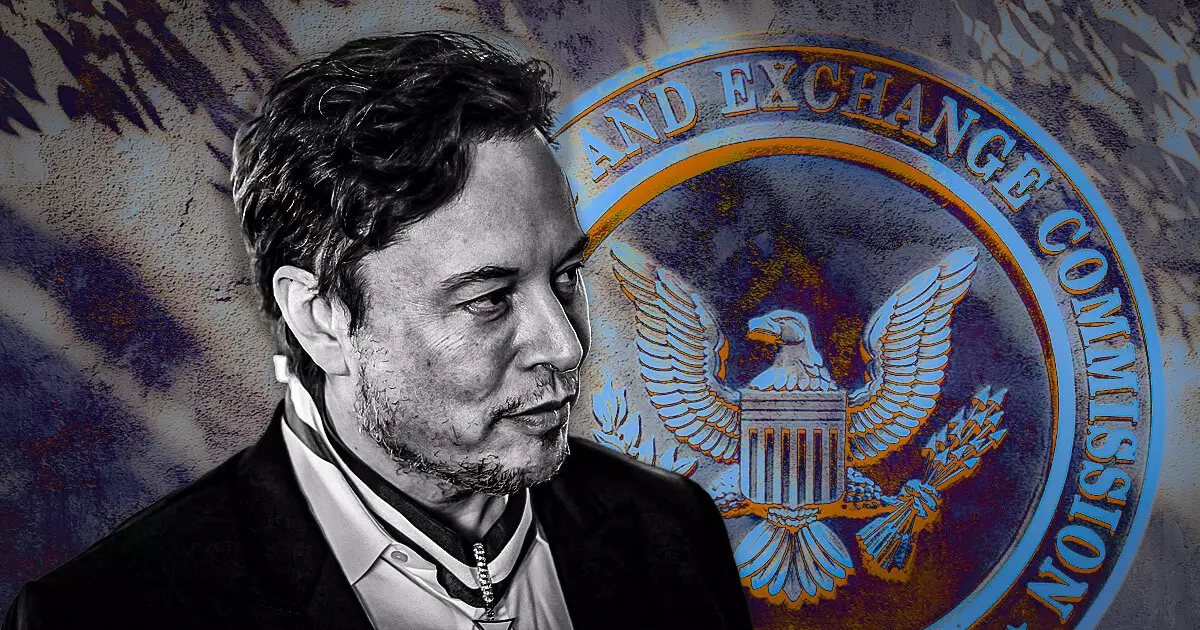The Department of Government Efficiency (DOGE), under the leadership of Elon Musk, is shaking things up by directing its focus towards the U.S. Securities and Exchange Commission (SEC). This initiative is part of a broader strategy to reduce inefficiencies and abuse within government spending. On February 17, DOGE took to social media platform X, making a public appeal for insights on potential waste or unethical conduct within the SEC, encouraging individuals to reach out via direct messages.
The move to solicit public input is indicative of DOGE’s intent to create a culture of transparency and accountability within the SEC. By encouraging whistleblowers to come forward, DOGE aims to uncover internal shortcomings and questionable actions that may have transpired under the SEC’s jurisdiction. The agency’s communication emphasized that it was looking for information about fraud and inefficiencies, indicating a proactive approach to reform.
This novel approach may interrupt traditional protocols within governmental agencies, paving the way for potential legislative or operational changes that could reshape the future interactions between regulators and those they oversee. It invites a layer of scrutiny that has not typically been afforded to such regulatory bodies.
Despite these ambitious goals, DOGE has not been without its challenges. There has been considerable backlash against its reforms. Notably, Judge Tanya Chutkan has reportedly raised concerns about the integrity of DOGE’s operations. This skepticism highlights the difficulties that an initiative like DOGE might encounter when attempting to disrupt entrenched bureaucratic standards.
The mixed reception underscores the unpredictable nature of reforming large institutions, particularly in the face of established legal norms and practices. As DOGE strives to implement changes, it will likely face continual resistance from those within the SEC who have upheld traditional regulatory practices.
Impact on Cryptocurrencies
As discussions surrounding DOGE’s initiative unfold, they inevitably lead to larger conversations within the cryptocurrency community. Prominent figures, such as Paul Grewal from Coinbase, have voiced strong opinions regarding the SEC’s enforcement actions, particularly under the leadership of former Chair Gary Gensler. His comparison of DOGE’s efforts to actual changes in the way the SEC operates reinforces the idea that public scrutiny can lead to policy reconsiderations.
The inquiry into the SEC could also bring to light how certain cryptocurrencies have been classified, which directly affected the market dynamics and investor confidence. Regulatory decisions that labeled various altcoins as securities have generated criticism, especially as these rulings appear to have triggered considerable financial losses for retail investors. Perspectives like those of crypto advocate Dan Gambardello draw attention to the practical implications of such decisions, emphasizing the need for accountability.
As the DOGE initiative unfolds, it will demonstrate the effectiveness of public engagement in enforcing transparency within governmental agencies. The ongoing dialogue about the SEC’s practices signals a shift towards a more open regulatory framework, where feedback from the public could foster reform. The success of this initiative may not only reshape the SEC’s methodologies but could also set a precedent for how other government entities interact with the communities they regulate. If executed correctly, DOGE may become a harbinger of a new era that emphasizes efficiency, transparency, and stakeholder engagement in governance.

